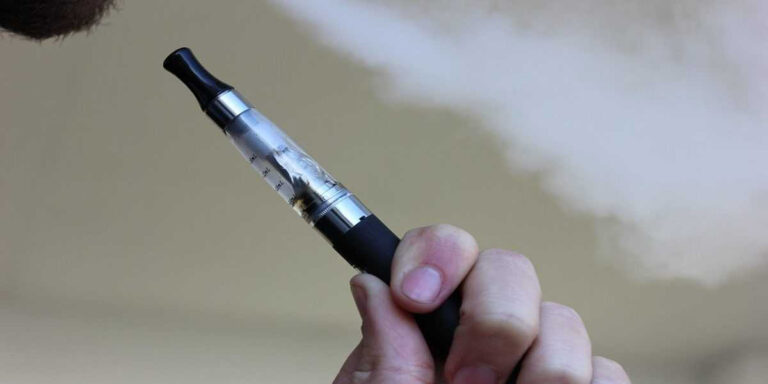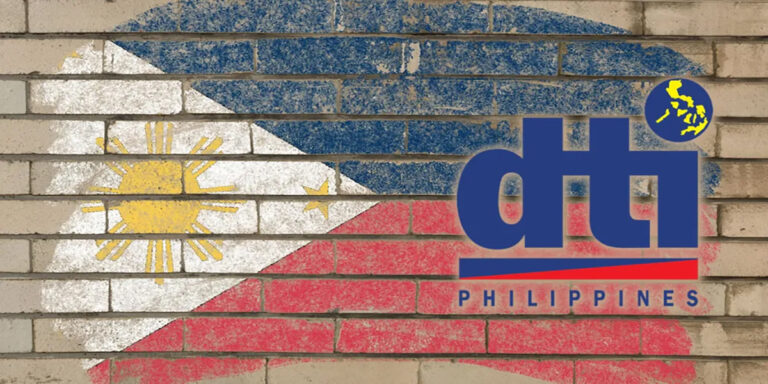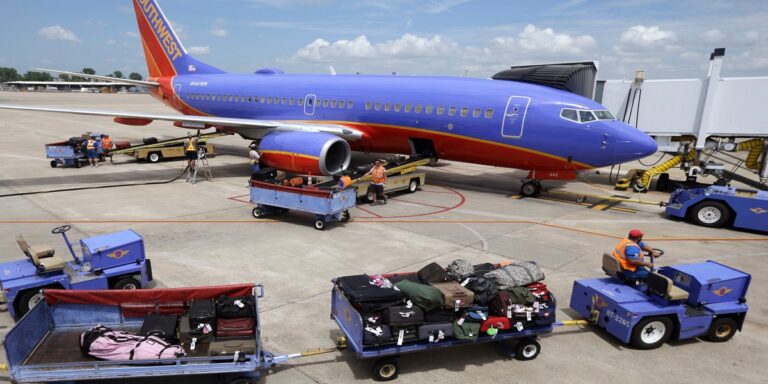Brazil has maintained a strict ban on e-cigarettes since 2009, enforced by the National Health Surveillance Agency (Anvisa). Despite these stringent regulations, a recent investigation by the Ministry of Justice and Public Security reveals that e-cigarette sales are thriving online.
Findings from the Ministry of Justice and Public Security’s Study
The study titled “Illegal Online Sales of Tobacco Products and Electronic Cigarette Devices (DEFs)” reveals extensive online activity surrounding the sale of e-cigarettes and other tobacco products. The Ministry identified approximately 870 website links suspected of illegal sales.
Online Sales and Social Media Presence
The investigation uncovered 305 public accounts on Instagram, found through Google searches, that are engaged in the illegal sale of tobacco products. This indicates a robust social media presence that facilitates the continued availability of e-cigarettes despite the ban.
Delivery Platforms and Local Sales
The study also discovered that in 945 municipalities across five federal units in Brazil, 298 stores were using the iFood delivery platform to sell tobacco products and e-cigarette devices. This use of delivery platforms indicates a sophisticated network designed to bypass regulatory controls and reach consumers directly.
Usage Statistics
The study provides compelling statistics on tobacco use in Brazil:
- Overall Usage: Approximately 51 million people aged 12 to 65 (33.5% of that age group) have tried cigarettes.
- Recent Usage: Around 20.8 million people used tobacco products in the 30 days prior to the survey, representing 13.6% of the population in that age range.
Survey Results in Five States
The survey conducted across five states revealed a pattern in the use of delivery platforms for selling tobacco products:
- Geographic Distribution: The Southeast and South regions had the highest concentration of stores using iFood for delivery, followed by the Midwest, Northeast, and North.
- Capital Cities: These cities had more stores utilizing delivery services, offering a wider variety of products at higher prices.
- Evasion Strategies: To circumvent control and tracking systems, sellers often use specific keywords to name tobacco products or e-cigarette devices.
Violations Across Platforms
Violations of Anvisa’s regulations were widespread, occurring across social media, sales websites, and delivery applications. This highlights the significant challenge of monitoring and enforcing compliance in a digital marketplace.
Strengthening Enforcement
To address these challenges, the Brazilian government may consider intensifying enforcement actions against online platforms selling e-cigarettes. This could include increased monitoring of websites and social media accounts, stricter penalties for violators, and collaboration with digital platforms to prevent illegal sales.
FAQ
What is Anvisa’s stance on e-cigarettes in Brazil?
Anvisa maintains a strict ban on the commercialization, manufacturing, import, transportation, storage, and advertising of e-cigarettes.
How many websites were found selling e-cigarettes illegally?
The Ministry of Justice and Public Security identified approximately 870 website links suspected of illegal e-cigarette sales.
What platforms are being used to sell e-cigarettes despite the ban?
Illegal sales are occurring on websites, social media platforms like Instagram, and delivery platforms such as iFood.
How is the Brazilian government responding to these findings?
The government may intensify enforcement actions against online platforms and increase monitoring and penalties for illegal sales.


















